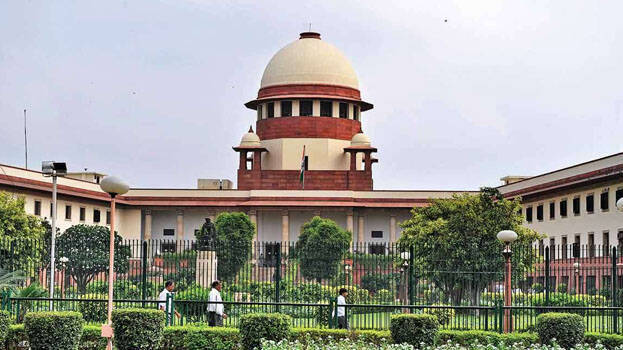

MUMBAI: Maharashtra government is in the process of challenging the Bombay high court judgment which held that ‘skin-to-skin contact’ was a must to attract an offence of ‘sexual assault’ under the Protection of Children from Sexual Offences (Pocso) Act.
State advocate general Ashutosh Kumbhakoni told TOI on Friday that the state will be filing a special leave petition against the judgment by Justice Pushpa Ganediwala of the Nagpur bench of Bombay HC. The ruling had led to an outcry and was stayed by Supreme Court.
On Wednesday, a group of women lawyers at Bombay HC wrote to CM Uddhav Thackeray, who is also the law minister, to ensure that the state challenges the verdict before it “becomes a dangerous precedent”. The next day, they wrote to Kumbhakoni with the same plea. “It is imperative that the object and scheme of Pocso Act be kept in mind while interpreting its provisions,” said the letters.
In the letters, advocate Anita Castellino of the informal group called The Interactive Session of Lady Lawyers pointed to the salutary provisions in the law. These were incorporated keeping in mind that the sexual abuse survivors are often children not close to the age for the ‘birds and the bees talk’.
Justice (rtd) Abhay Thipsay of Bombay HC said interpretation of law quintessentially requires the judge to elaborate and discuss on the intention of the legislature; the judge has to give proper reasons. “The judgment does not throw any light on whether the point on what ‘physical contact’ means was raised and argued,” he said. “If the judge has interpreted it in the manner that she did, she should have come to the conclusion that the legislature had intended just that.” Care has to be taken that an interpretation doesn’t lead to absurd consequences, he said.
Pocso is a special law enacted less than a decade ago to protect children from sexual predators. It recognises that India has acceded to the 1992 United Nations Convention on the Rights of the Child to “secure the best interest of the child” and to “ensure healthy physical, emotional, intellectual and social development”. The law sets out that “sexual abuse of children are heinous crimes” and “must be effectively addressed”. One of the provisions under Section 29 calls for ‘presumption’ by the court regarding certain offences including Section 7—sexual assault—under the Act. Sexual assault means and includes ‘touching, with sexual intent, vagina, penis, anus or breast’ or ‘does any other act with sexual intent which involves physical contact without penetration’ and attracts a punishment of minimum three years and maximum five years.
The lawyers said: ‘“Pressing of breasts’ and “attempt to remove salwar’ of a twelve-year-old girl child are ‘serious allegations’ and ought not to be dismissed as non-serious allegations.” The state is not just a ‘prosecutor’ but has a role as a ‘parens patriae’, which the lawyers invoked. It means it is a legal authority to protect rights of persons who are unable to act on their own, like children. Advocate N S Nappinai said “Pocso provisions mandate strict interpretation” and “any dilution is impermissible”. She pointed out: “Groping is an offence. Groping over clothes is an offence.’’